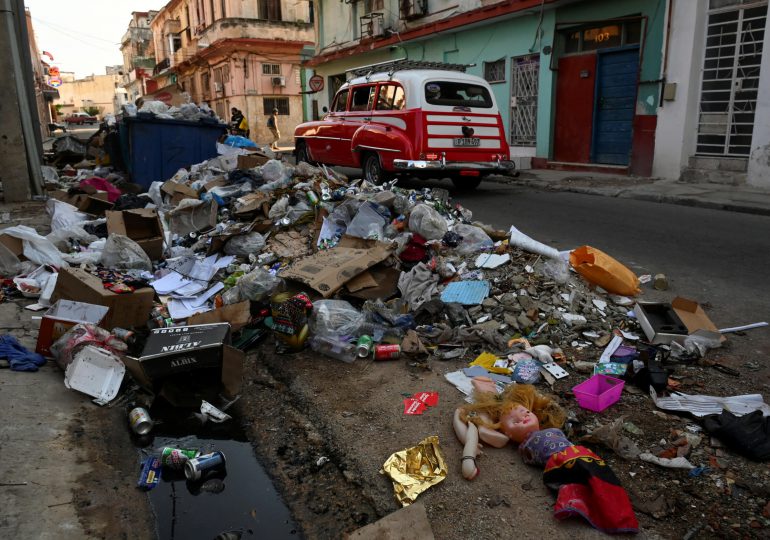
Venezuelan Foreign Minister Yván Gil has rekindled tensions in the region by reiterating his stance towards Luis Lacalle Pou, President of Uruguay.
Gil did not mince words when he described him again as a “lackey,” a term he had used before. The reason for his abrasive words was the criticism that several countries have made regarding the results of the July 28 elections in Venezuela.
Gil has extended his criticism to several other countries, including Argentina, Chile, Ecuador and Peru. According to his statements, these states act as “puppets of the American empire.” His confrontation with these governments stems from his comments on the elections in Venezuela, which have generated international controversy.
Strong accusations and forceful statements
Gil’s rhetoric does not stop at political references. He has labelled Argentine President Javier Milei the leader of a “Nazi government.” In an interview with Venezuelan outlet La Iguana, he said the people of these countries are brave, but “exploited and dominated.” His comments underscore a belief in the eventual liberation of these states from the “American empire.”
Added to this, the government of Nicolás Maduro has made a change in its cabinet that follows the hard line of Chavismo. The inclusion of Delcy Rodríguez as Minister of Petroleum and Diosdado Cabello in the Ministry of the Interior reinforces a message of consolidation of power.
The changes in the Agriculture, Tourism, Sports, and Economy ministries also seek to move towards what they call “territorial socialism.”
Restructuring of the Venezuelan government
The reshuffle includes the prominent position of General Vladimir Padrino in the Ministry of Defense, alongside General Iván Hernández Dala. His role in internal security is crucial in the current political context of the country.
Rodriguez’s appointment aims to strengthen control over the oil sector, a key strategy within his administration.
Hector Rodriguez, the former governor of Miranda, also joins the government. His role as vice president and head of education underlines his prominence within Chavismo. These changes coincide with internal pressure from senior government officials to consolidate their socialist vision.
Judicial harassment in Venezuela and the opposition’s response
Meanwhile, pressure on the opposition continues to mount. The government is seeking the exile of Edmundo González Urrutia, who has not appeared before the Attorney General’s Office.
González Urrutia, who was recognised as the winner by the opposition through a digital platform in the last elections, is facing charges of an alleged “crime” for publishing the election results.
The opposition, grouped in the Unitary Platform, denounces judicial harassment. They argue that this movement seeks to justify a legal execution against González Urrutia, who obtained solid electoral support according to his supporters, claiming to have obtained around eight million votes.
In contrast, the government of Nicolás Maduro faces questions for failing to provide clear evidence of the results.


















